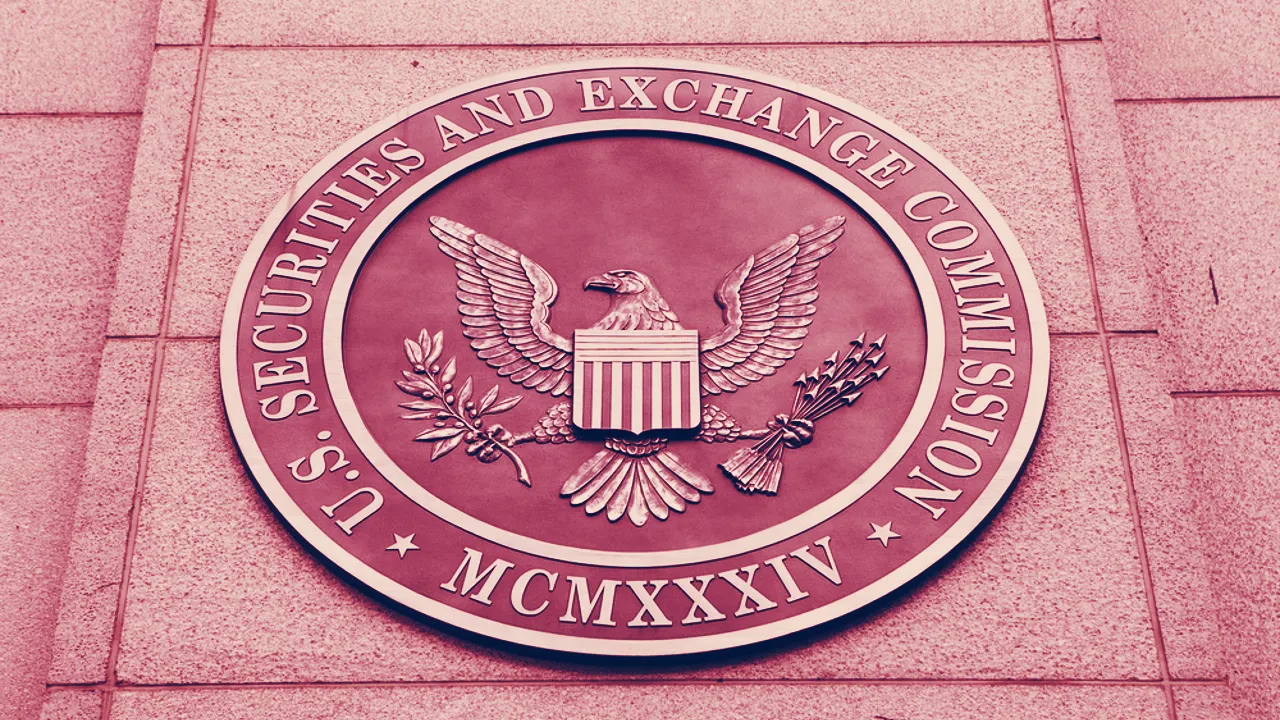The SEC has rejected the Bitcoin ETF proposal from Bitwise Asset Management, snuffing out the last chance for the debut of a Bitcoin ETF at an exchange in 2019.
After refusing several applications over the years, the SEC outlined its concerns regarding Bitcoin ETFs in a January letter last year. In response, Bitwise produced extensive research and made presentations to SEC staff to convince them about the readiness of crypto markets for an ETF.
But the federal agency’s order rejecting the filing shows that it remains unconvinced.
Why did the SEC reject Bitwise?
The most cited research from Bitwise asserted that 95 percent of the volume at cryptocurrency exchanges was fake. In its filing and presentations, the San Francisco-based firm argued that its spot prices were derived from the “real” Bitcoin market consisting of 10 cryptocurrency exchanges. This market displayed relatively low spreads and was “resistant” to manipulation, Bitwise opined.
The SEC did not buy Bitwise’s argument.
“…Because, among other things, the Sponsor has asserted that 95% of the bitcoin spot market consists of fake and non-economic activity, but has not established that it has in fact identified the ‘real’ bitcoin market, or that the ‘real’ bitcoin market is isolated from the fraudulent and manipulative activity,” the SEC’s order stated.
The Commission added that efficient price arbitrage between the exchanges did not eliminate the need for surveillance-sharing agreements.
“There is no evidence in the record that arbitrage in the bitcoin market is of such unique effectiveness that it would essentially insulate the proposed ETP from attempts at manipulation in a way beyond that of existing derivative securities products that trade on highly regulated markets,” the SEC said.
The Commission also took exception to the absence of surveillance-sharing agreements among crypto players. Recent efforts by industry players to form self-regulatory associations for sharing best practices have largely been exclusive and restricted to a limited number of participants. For example, the Virtual Commodity Association from the Winklevoss-brothers backed Gemini does not include North America’s biggest cryptocurrency exchange Coinbase.
“The Commission also notes that NYSE Arca has not stated that it has entered or will enter into surveillance-sharing agreements with those ‘real’ spot platforms that utilize surveillance tools," the SEC’s order states. "Moreover, even if NYSE Arca did enter into such agreements, it is not clear what ability NYSE Arca would have to compel the sharing of surveillance data."
Back to the drawing board
Bitwise’s attempts to address regulatory concerns about the crypto industry, though ultimately unsuccessful this go around, are already receiving a thumbs-up from industry observers.
“Bitwise shows you the perfect example of regulatory engagement and education,” said Zachary Fallon, partner at Blakemore Fallon, a boutique law firm focused on blockchain. According to Fallon, the spotlight on the Bitcoin ETF approval process has resulted in respect for regulation in a crypto ecosystem that grew out of a Wild West.
“What we are seeing in the market is an appreciation of securities law that was not present in the market one or two years ago,” he said. “People building in the [crypto] space are building with regulations in mind.”

